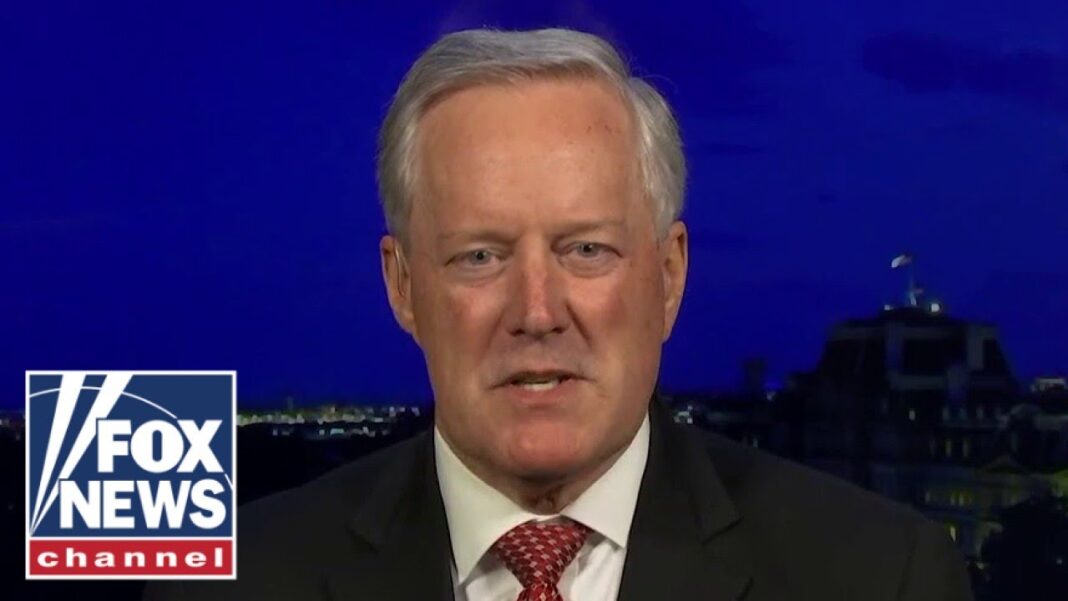- Dr Richard Horton, editor of The Lancet, said it took 16 months to publish official conflict of interest statement
- Admitted he knew that Dr Peter Daszak had links to the Wuhan laboratory at the centre of the spillover theory
- Claimed it took longer than a year to persuade Dr Daszak to formally record his links with China
The editor of one of the world’s most prestigious medical journals has admitted it took more than a year to declare the conflict of interests of a scientist who denounced the Covid lab leak theory and called anyone who questioned the official Chinese narrative a conspiracy theorist.
Dr Richard Horton, editor of The Lancet, said it took 16 months to publish an official conflict of interest statement in which he revealed Peter Daszak had links to the Wuhan laboratory at the center of the spillover theory.
Dr Daszak organised the letter in February 2020, co-signed by 26 other leading researchers which condemned ‘conspiracy theories’ that Covid did not arise naturally.
The move is claimed to have shut down any debate over whether the virus could have escaped from a lab last year. But the zoologist, a Lancastrian who now lives in New York, had ties to Wuhan Institute of Virology stretching back 15 years.
During a grilling from MPs on the Science and Technology Select Committee on Wednesday, Dr Horton was forced to defend the 16-month delay before Dr Daszak’s important conflicts of interest were finally published in a memorandum in the journal this June.
Dr Horton, who was honoured at The Great Hall of the People in Beijing’s Tiananmen Square in 2008, to mark an ‘unprecedented’ collaboration between Peking University and The Lancet, admitted to MPs: ‘A hundred per cent, I completely agree, the information that we published in June as an addendum should definitely have been included in the February letter.’
But he told the committee it took longer than a year to persuade Dr Daszak to formally record his links with China.
The Lancet editor said: ‘We ended up having a debate with him about, well, do you have a competing interest or not?’
Dr Daszak argued that he was an expert on bat coronaviruses in China, with a view that should be listened to. Dr Horton said: ‘It took us over a year to persuade him to declare his full competing interest, which we eventually did in June of this year.’
The journal editor was accused of doing ‘too little too late’ by Conservative MP Aaron Bell, who also questioned whether the controversial original Lancet letter had ‘served to close down scientific debate’.
On why Dr Daszak’s links with Wuhan Institute of Virology had not been checked, Dr Horton said: ‘We ask everybody who submits a piece that’s accepted for publication in The Lancet to declare their competing interests, and we take those statements on trust.
By Joe Davies Health Reporter For Mailonline and Victoria Allen Science Correspondent For The Daily Mail
Read Full Article on Dailymail.co.uk
Did COVID Leak From A Wuhan Lab? The Evidence For And Against
Evidence for Wuhan lab-leak theory
An article in the respected Science journal on May 14 kick-started the surge in interest for the lab-leak theory.
Some 18 experts wrote in the journal that ‘we must take hypotheses about both natural and laboratory spillovers seriously until we have sufficient data’.
Later that month, a study by British Professor Angus Dalgleish and Norwegian scientist Dr Birger Sørensen claimed it had ‘prima facie evidence of retro-engineering in China‘ for a year.
The study included accusations of ‘deliberate destruction, concealment or contamination of data’ at Chinese labs.
It followed statements from the WHO Director General, US and EU that greater clarity about the origins of this pandemic is necessary and feasible to achieve.
Previously, the theory had been dismissed as conspiracy by most experts, partly because of its association with President Donald Trump.
President Joe Biden in May ordered a full investigation into the origin of the pandemic virus and demanded scientists work out whether there is truth to the theory.
The head of the World Health Organization insisted just a day earlier that the theory that Covid emerged from a Wuhan lab has not been ruled out — as he said China should help solve the mystery out of ‘respect’ for the dead.
The body’s director-general, Dr Tedros Adhanom Ghebreyesus, suggested that Beijing had not cooperated fully as he urged more ‘transparency’ in the continuing investigation.
Evidence against the theory
Several other sects of the scientific community continue to suggest the virus could only be natural in origin.
A series of recent papers pointed to the virus evolving in animals before being transmitted to humans, in the same way as all other previously discovered coronaviruses.
The first study, published in Scientific Reports, showed some 47,000 wild animals from 38 species were sold across four markets in Wuhan between May 2017 and November 2019.
The authors, including Dr Chris Newman, an evolutionary ecologist at Oxford University, claimed the evidence showed the conditions for animal-to-human transmission were in place in Wuhan.
But they acknowledged there was no proof Sars-CoV-2 was present or originated in any of these animals.
A joint World Health Organization-China investigation also concluded it was ‘very likely’ the virus jumped from bats to humans via an as-yet-unknown intermediary animal.







